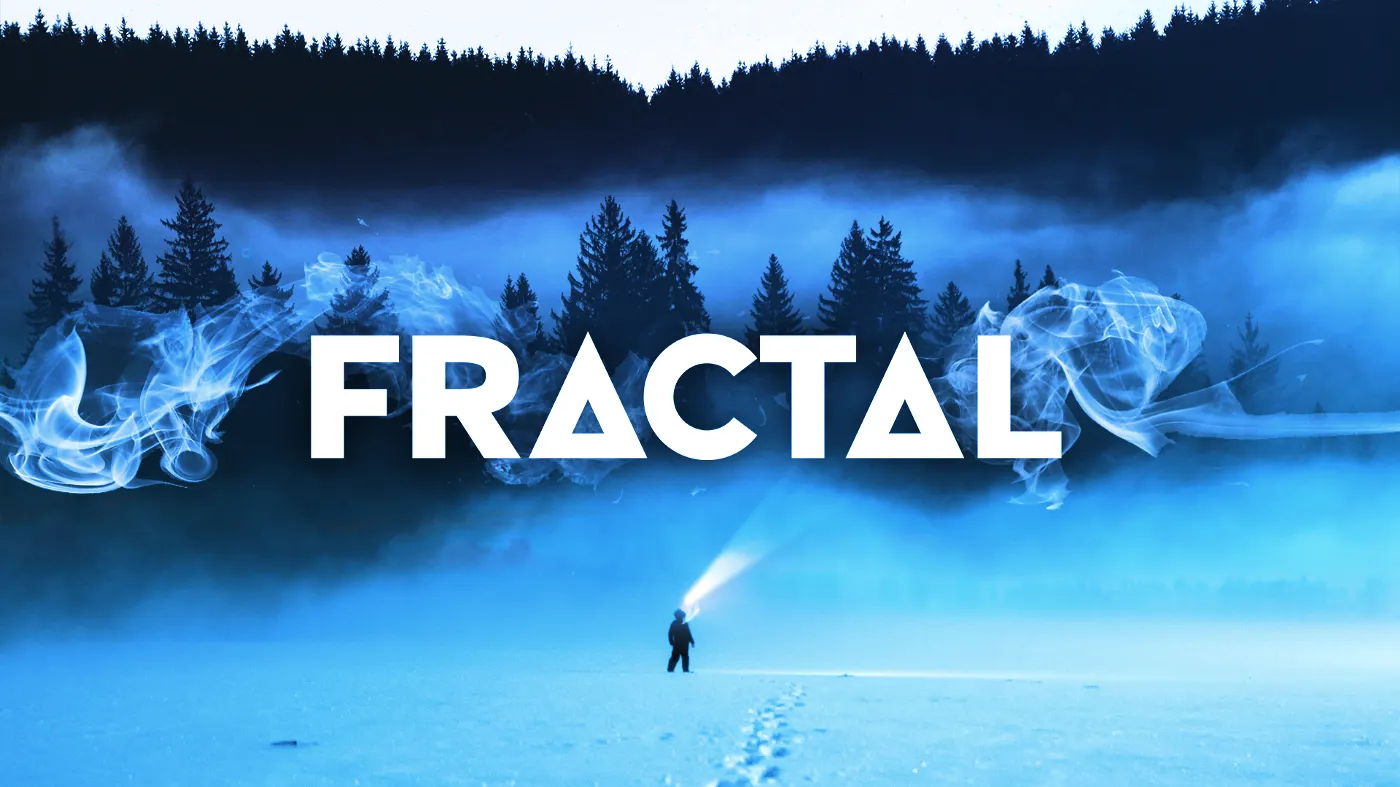In brief
- Fractal, a Solana-based NFT gaming marketplace, has added the ability to create a wallet using a Google account.
- The move is designed to make it easier for players to enter the NFT gaming space.
Onboarding new users into the Web3 world is an ongoing challenge for crypto and NFT platforms, due to the complexities of handling crypto wallets and taking custody of assets. But Fractal, a Solana NFT gaming platform, thinks it has a solution that involves users’ existing Google accounts.
Today, the startup announced Sign In With Fractal, a new feature that lets users create a crypto wallet in a matter of moments by logging in with a Google account. The process creates a non-custodial wallet—which means Fractal doesn’t hold users’ NFTs or assets—and then splits the wallet’s private key between the user's device and Fractal’s servers.
“I think it's a really necessary step to move beyond just the people who are maybe more crypto-native—maybe they're more speculative participants in the market—to the people who are ‘real’ gamers,” Fractal co-founder Justin Kan told Decrypt.
Kan, also a co-founder of video game streaming giant Twitch, previously predicted that crypto-powered games will overtake traditional gaming models due to players benefitting from truly owning (and being able to resell) items, plus rewards from tokenized economies and other potential perks. But the current technical hurdles can be a deterrent to players.
“I've always said the crypto gaming market will win when people want to play a crypto game, not because it's a crypto game—they want to play because it's awesome,” he said.
Kan pointed to the hassle of needing to set up a self-custody wallet like Phantom or MetaMask, fund it with cryptocurrency, and then keep that wallet secure and safe. While decentralization maximalists may bristle at the idea of leaning on a tech giant like Google, average game players might appreciate a quick and familiar sign-in process.
Sign In With Fractal is designed to not only simplify wallet setup using an existing Google login, but also cut down the risk of users falling for phishing scams by tying the wallet to a familiar account. If a user is prompted by a login at a fake Fractal knockoff website, the company suggests, they may be clued into the fact that it's not an authentic Google login request as they would already be logged in.
According to information provided by Fractal, the new sign-in process splits the private key into two "secret shares," with one held on Fractal's servers and the other tied to the device used to sign into the wallet with a Google account. If a user's Google account is compromised, then, that wouldn't automatically give the attacker access to the Fractal wallet without the original device in hand.
During the wallet creation process, users are provided a seed phrase to record and keep safe, just as if they were creating a wallet through MetaMask and other services. That seed phrase provides a means to recover a Fractal wallet on a new device should the original device be lost, broken, or compromised, for example.
The Fractal wallet launch isn’t solely for players, either. Kan pointed to a rise in developers shifting from the traditional game industry to Web3 gaming, and said that they’re “obsessed” with customer acquisition and onboarding. He believes that the social sign-in will be an easier adaptation for them, much as it’s aimed to be for players entering the NFT space.
An NFT serves as a proof of ownership to a digital item, and in the video game space, that can mean things like unique player avatars, weapons, apparel, and virtual land plots. Ethereum-based game Axie Infinity has topped $4 billion in NFT trading volume alone, and its dramatic rise last year helped trigger a surge in development for other NFT-powered games.
Fractal launched in December 2021, and then in April, the startup announced $35 million in seed funding led by VC firm Andreessen Horowitz. Now the platform has 85 listed game projects spanning more than 120 NFT collections.
The site recently hosted a $10,000 esports tournament for EV.IO, an NFT-driven, play-to-earn first-person shooter, and it served as a test run for Fractal’s wallet offering. Kan said that the event ultimately yielded 15,000 new users for the platform.
🏆Congrats #Censored🏆@xen0cidal @Krunkyyy #Nizzin
Thank you @fractalwagmi @CommunityGaming @KegShouts @RoseProduces @Jimbasco pic.twitter.com/Aad4itQ0UN
— ev.io (@play_evio) May 9, 2022
Magic Eden is the largest overall NFT marketplace on Solana, in terms of total trading volume, but Kan said that he’s keen on keeping Fractal focused solely on the gaming end of the NFT space. He likened it to Twitch’s own singular focus on gaming during its early years, even as a giant like YouTube commanded a larger and broader audience.
“Our goal is to be the best place for gaming. We do a lot for our gaming partners,” he said, pointing to technical development on APIs, launch advice, tournaments, and more. “Ultimately, I'm just trying to build where I think gaming is going to go. That's how we intend to compete.”

